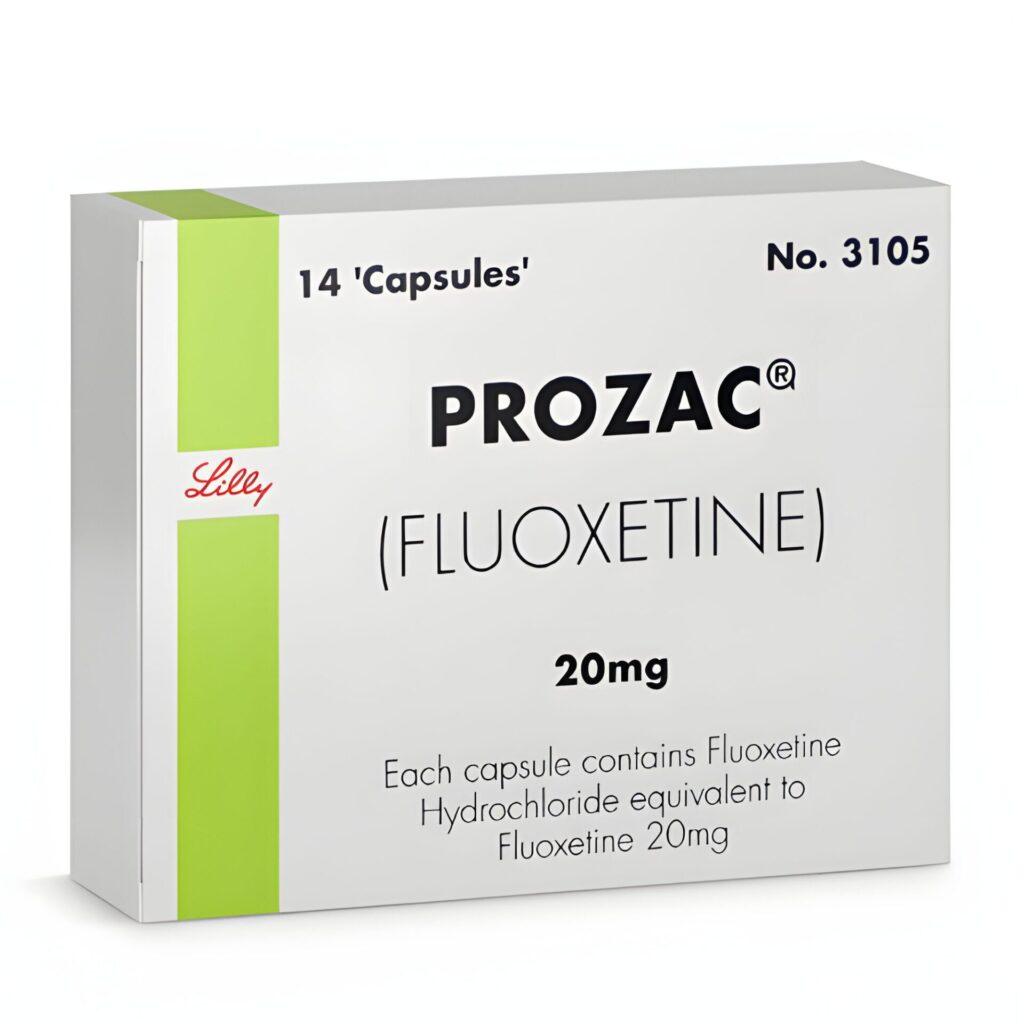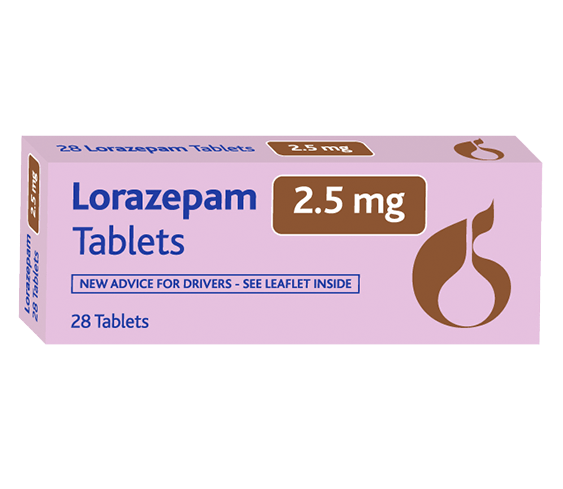How Prozac (Fluoxetine) Works
Fluoxetine (Prozac) works by inhibiting the reabsorption of serotonin in the brain. Serotonin is a neurotransmitter that helps regulate mood, anxiety, sleep, and overall mental well-being. In individuals with conditions like depression or anxiety, serotonin levels may be imbalanced, contributing to mood disorders.
By blocking the reuptake of serotonin into nerve cells, fluoxetine allows more serotonin to remain available in the synaptic space between neurons. This increased serotonin availability helps improve communication between brain cells and is believed to alleviate symptoms of depression, anxiety, and other mood disorders.
Although the exact mechanism is not entirely understood, it is generally believed that Prozac’s ability to enhance serotonin function significantly impacts mood and behavior. It is important to note that Prozac may take several weeks to show noticeable effects, and patients are usually advised to continue taking the medication as prescribed to allow time for the full benefits to manifest.
Uses
Prozac is prescribed for a range of mental health conditions. Some of the most common uses of Prozac include:
- Major Depressive Disorder (Depression): Prozac is frequently prescribed for individuals suffering from major depression, a condition characterized by persistent feelings of sadness, loss of interest in daily activities, and changes in sleep and appetite.
- Anxiety Disorders: Prozac is effective in treating anxiety disorders, including generalized anxiety disorder (GAD) and social anxiety disorder (SAD). It helps reduce excessive worry, fear, and stress.
- Obsessive-Compulsive Disorder (OCD): Prozac is often used to treat obsessive-compulsive disorder, where patients experience intrusive thoughts and compulsive behaviors that interfere with daily life.
- Panic Disorder: Prozac can help alleviate the symptoms of panic disorder, such as sudden episodes of intense fear, shortness of breath, and palpitations.
- Bulimia Nervosa: Prozac is sometimes prescribed to individuals with bulimia nervosa, an eating disorder characterized by episodes of binge eating followed by purging behaviors like vomiting or excessive exercise.
- Premenstrual Dysphoric Disorder (PMDD): Prozac is also approved for treating PMDD, a severe form of premenstrual syndrome (PMS) that causes mood swings, irritability, and depression.
- Post-Traumatic Stress Disorder (PTSD): Although not always first-line, Prozac may be used to help manage symptoms of PTSD, including intrusive thoughts, nightmares, and emotional numbness.
Benefits
Prozac offers several benefits for individuals struggling with mood disorders and related mental health conditions:
- Improves Mood and Emotional Stability: Prozac helps lift mood, reduce feelings of sadness, and promote emotional stability, which is crucial for individuals with depression or anxiety.
- Reduces Anxiety: Prozac is effective in reducing anxiety symptoms by balancing serotonin levels, helping patients feel calmer and less overwhelmed.
- Improves Sleep and Appetite: Many people who suffer from depression or anxiety also experience disruptions in sleep and appetite. Prozac can help restore normal sleeping patterns and improve appetite regulation.
- Enhances Social Functioning: By improving mood and reducing anxiety, Prozac helps individuals interact more confidently with others, thus improving their social functioning and quality of life.
- Effective for Long-Term Treatment: Prozac is often used for long-term treatment, offering patients a sustained reduction in the symptoms of their mental health conditions, which may allow them to manage daily activities more effectively.
Side Effects
Like all medications, Prozac can cause side effects, though not everyone will experience them. Common side effects include:
- Nausea or Upset Stomach: Some individuals may feel nauseous or experience an upset stomach, especially when they first start taking Prozac.
- Sleep Disturbances: Prozac can cause either insomnia or drowsiness in some people, particularly when starting treatment or adjusting the dosage.
- Headaches: Headaches are a common side effect, particularly during the first few weeks of use.
- Sexual Dysfunction: Prozac may cause reduced libido, difficulty achieving orgasm, or erectile dysfunction in some patients.
- Dizziness or Lightheadedness: Some individuals may feel dizzy or lightheaded, particularly when standing up too quickly.
- Dry Mouth: A dry mouth can occur while taking Prozac, making swallowing or speaking uncomfortable.
- Increased Sweating: Some individuals may experience excessive sweating as a side effect.
- Risk of Suicidal Thoughts: Like other antidepressants, Prozac carries a risk of increasing suicidal thoughts in some individuals, particularly in children, adolescents, and young adults. Regular monitoring by a healthcare provider is essential.
If you experience severe side effects such as chest pain, irregular heartbeat, or signs of an allergic reaction (rash, swelling, difficulty breathing), seek medical attention immediately.
Recommendations for Use and Safety Precautions
- Follow Your Doctor’s Instructions: Always take Prozac as your healthcare provider prescribes. Do not adjust the dosage or stop taking the medication without consulting your doctor, even if you feel better.
- Monitor for Side Effects: Be aware of any new or unusual symptoms and inform your healthcare provider if you experience bothersome or persistent side effects.
- Avoid Alcohol: Alcohol can interfere with Prozac’s effectiveness and exacerbate side effects like dizziness and drowsiness. It is advisable to avoid alcohol while taking this medication.
- Pregnancy and Breastfeeding: If you are pregnant, planning to become pregnant, or breastfeeding, consult your doctor before taking Prozac. It is generally not recommended during the third trimester of pregnancy.
- Interactions with Other Medications: Prozac can interact with other medications, including other antidepressants, blood thinners, and certain painkillers. Inform your doctor about all the medicines you are taking.
Frequently Asked Questions (FAQs) about Prozac (Fluoxetine)
How long does it take for Prozac to start working?
It can take several weeks (typically 4–6 weeks) for Prozac to show full effects in treating depression or anxiety.
Can Prozac be used for anxiety?
Yes, Prozac is commonly prescribed for generalized anxiety disorder and social anxiety disorder.
Is it safe to take Prozac long-term?
Prozac is generally considered safe for long-term use, but regular check-ups with your doctor are important to monitor for side effects.
Can Prozac cause weight gain?
Weight changes, including weight gain, are possible but not common. Some people may experience weight loss, especially when starting the medication.
Is Prozac addictive?
No, Prozac is not considered physically addictive, but it should not be discontinued abruptly without a doctor’s guidance.
Can I stop taking Prozac suddenly?
You should not stop taking Prozac suddenly, as this may cause withdrawal symptoms. Always consult your doctor for a gradual tapering schedule if discontinuation is necessary.
Can Prozac be used in children and adolescents?
Prozac is approved for use in children aged 8 and older for treating obsessive-compulsive disorder (OCD). Its use in children should be closely monitored by a healthcare professional due to the risk of increased suicidal thoughts.
How long does it take to deliver Prozac to the US?
International shipping of tablets to the US takes approximately 14 to 25 days. For domestic shipping, the estimated delivery time is up to 10 days.
Do I need a prescription to buy Prozac?
While we offer the option to buy tablets without a prescription internationally, we strongly recommend consulting your physician and seeking medical advice before taking any medication.
Important Note:
Purchasing Prozac (Fluoxetine) online from USA-Pharmacy is simple and secure for US customers. It accepts trusted payment methods like Visa, Mastercard, and PayPal, which protect transactions and keep information safe. Customers benefit from guaranteed delivery, with a full refund offered if orders do not arrive as expected, fostering trust in online medication purchases. Responsive customer support is available via email at [email protected], typically responding within 48 hours to any medication or order status question.







